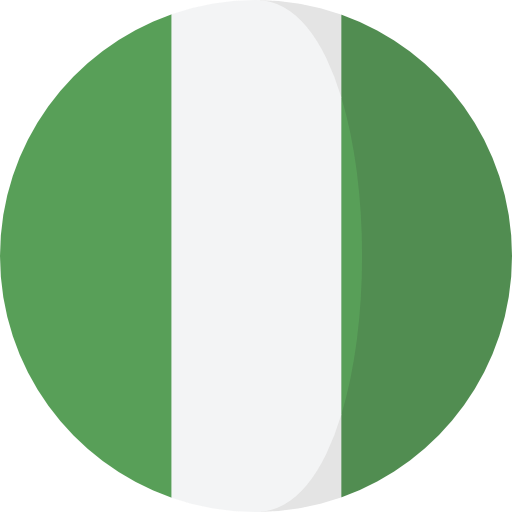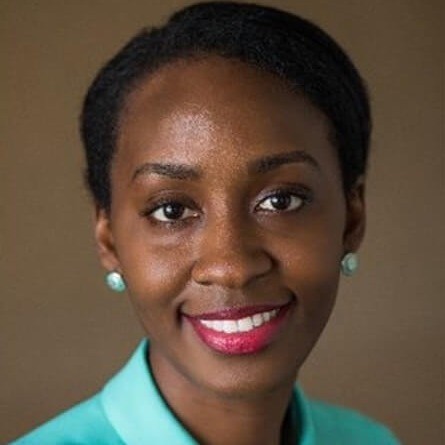What is your educational background?
I first came to the USA to pursue my undergraduate degree. In 2010, I obtained my BS in Bioinformatics from Ramapo College of New Jersey. I then went on to do an MPH in Prevention and Community Health at Georgia Southern University–Armstrong Campus, where I gained further interest in the aging science, technology and innovation, and disease management.
What is your current occupation?
I am a science and health tech writer focusing on aging, disease, and the discoveries and policies related to them. My bylines have appeared in Massive Science, PBS Next Avenue, Forbes, Philips, Thrive Global, and other media outlets. Previously, I worked on projects across public and private sectors, such as managing healthy aging portfolios and analyzing the impact of dementia on millennial caregivers in the United States.
What or who got you into STEM?
My mother! She’s an incredible pharmacist and entrepreneur. She started and operated a community pharmacy for several years in Nigeria. I still have fond memories of her explaining chemical reactions and equations at the dinner table.
What is the biggest challenge/barrier you have faced as an African in STEM?
The false perception that Africans in STEM have generated little to no contribution, which is a sad reality. Africans have made significant achievements in STEM, but remain invisible, due to lack of media representation and stereotypes, from textbooks to the internet. There is also a general lack of representation. For example, I was the only African woman in both my bioinformatics and public health programs.
How do you think your background/upbringing has been beneficial in your journey/career?
My family worked hard and sacrificed a lot so that I can achieve my dreams. Even when I worked as a scientist in both academia and industry, their support and encouragement helped me in challenging times. They gave good advice, especially to remain committed and practice patience to achieve my goals. When life throws a curveball, I am learning to enjoy the good times, cope with bad news, and focus on what truly matters (not degrees or my hard work).
How do you think we can start to change the narrative surrounding African contributions
to global STEM research & careers?
By telling our stories! It’s lovely when institutions and groups report our stories accurately and without bias. But, if we are not telling our stories, then we are doing ourselves a disservice. Working in media creates opportunities, but on a personal level, talking about Africans in STEM on social media channels, blogs, or websites is also impactful. And whether you’re a parent, teacher, scientist, or student, etc. incorporating this effort in your work can create a change that increases collectively.
What advice would you like to give to young, aspiring Africans in STEM?
1) Find allies within and outside your field.
2) Find a mentor. Mentors make a huge difference and can help you develop your career. A mentor can also encourage you to join professional organizations that are relevant to your field.
3) Volunteer your time, energy, or skills, which can help with building your network and connecting with people who share your passion and purpose.
4) Personal branding (marketing yourself and your career as a brand) is critical as you build your STEM career.
Do you have any projects you’re working on that you would like us to highlight?
I run Global Health Aging, an award-nominated website featuring news stories, research, and diverse opinions on longevity and healthy aging from around the world. In 2019, I started Five Questions With, an interview series where I interview visionaries in STEAM (Science, Technology, Engineering, Arts, Mathematics). I also highlight Black women pioneers in STEAM on both my Twitter and Instagram accounts. The latest highlight is Queen Amina of Zaria (1533-1610). Born in pre-colonial Nigeria, she was known for her military strategy and engineering skills.







